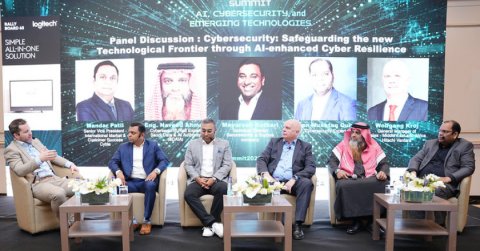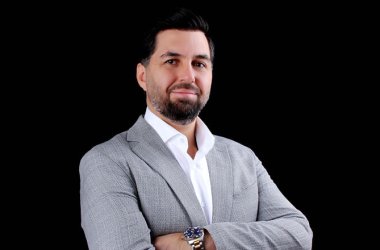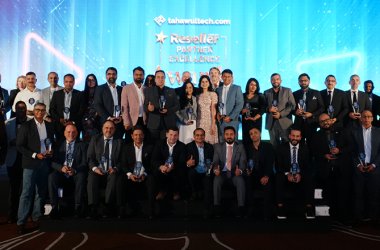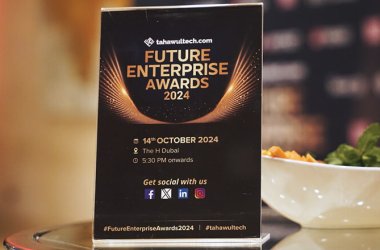
CPI Media Group and tahawutech.com hosted their inaugural KSA Executive Summit last week in Riyadh, following the conclusion of LEAP 2025.
The conference was held in the VOCO Hotel in the heart of the Kingdom’s capital, and gathered technology leaders and cybersecurity practitioners from across the Middle East for a conversation under the theme of – AI, Cybersecurity and emerging technologies.
The event was moderated by CNME Editor Mark Forker, but the first keynote presentation of the day was delivered by Ian Winfield, Chief Technology Officer EMEA – AI and HPC Solutions at Hitachi Vantara.
His panel focused on the need for robust frameworks and governance in order to ensure that AI is used both ethically and responsibly.
He pointed out that despite the fact AI is the centre of attention globally when it comes to large-scale investments and organizations future strategies, there is lip service being paid when it comes to ethics and governance.
“AI was the most used word in 2024, but there was no mention anywhere of governance of ethics, and this is a major problem. At Hitachi Vantara, the four core pillars of our AI strategy is transparency, fairness, privacy and security, and accountability. There is the need for clear explanations of how AI systems work, unbiased decision-making, protection of user data, and assigning responsibility for the actions of AI systems,” said Winfield.
CNME Editor Mark Forker then took to the stage to moderate a panel discussion on Ethical AI and Governance, in which Ian Winfield was a panellist, and he was joined on stage by Tahir Latif, Expert AI Regulatory Advisor at Dubai International Financial Centre.
Both men shared their dismay at the decision by the US and UK governments to opt out of signing up to a global governance framework for AI, at the Global AI Action Summit, which was held recently in Paris.
Latif said the decision was a major blow to getting a universal framework for regulating AI, and said the stance particularly from the US was unlikely to soften under a Trump administration.
“The UK opted not to join citing security concerns, and that decision is going to be a big blow to his UK AI Action plan, whilst the US said it was going to stifle innovation around AI. You can see under the Trump administration that AI is a big priority for them, and he has that go it alone attitude, so I can’t see him coming to the table anytime soon to sign up to these universal set of rules and guidelines on AI,” said Latif.
However, both Latif and Winfield agreed that the Middle East, and the UAE and Saudi Arabia in particular, with the capital they have can become a real global leader when it comes to AI.
We then had another brilliant keynote presentation, this time from Ahmad Halabi, Managing Director at Resecurity, who also looked at the impact AI is going to have from a cybersecurity ecosystem.
His panel was the perfect pre-empt to our next panel discussion entitled: Cybersecurity – Safeguarding the New Technological Frontier through an AI-enhanced Cyber Resilience.
The panellists were Mandar Patil, Senior Vice President – International Market & Customer Success, Cyble, Mayuresh Kothari, Technical Director, Secureworks, a Sophos company, Eng. Naveed Ahmed, Cybersecurity Risk Expert, Saudi Data & AI Authority (SDAIA), Wolfgang Kroj, General Manager – Sales – Middle East and Africa, Hitachi Vantara and Salman Mushtaq Qureshi, a leading Cybersecurity Expert based in Saudi Arabia.
The insights and perspectives shared by all panellists ensured a robust, enlightening, educational and hugely informing conversation was had.
One of the statements that really seemed to strike a chord with the audience, and other panellists was the claim from Hitachi Vantara’s Wolfgang Kroj, that when it comes down to it cybersecurity is a mindset.
“Cybersecurity has to become a state of mind, you can’t just throw money at technologies and hope everything will be OK, that’s naïve, it’s not practical. It has to become a state of mind. I always say the same thing about AI, despite what people say, it will always come back to people and processes,” said Kroj.





